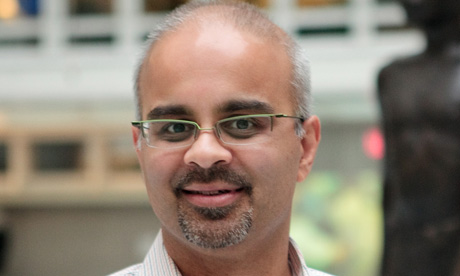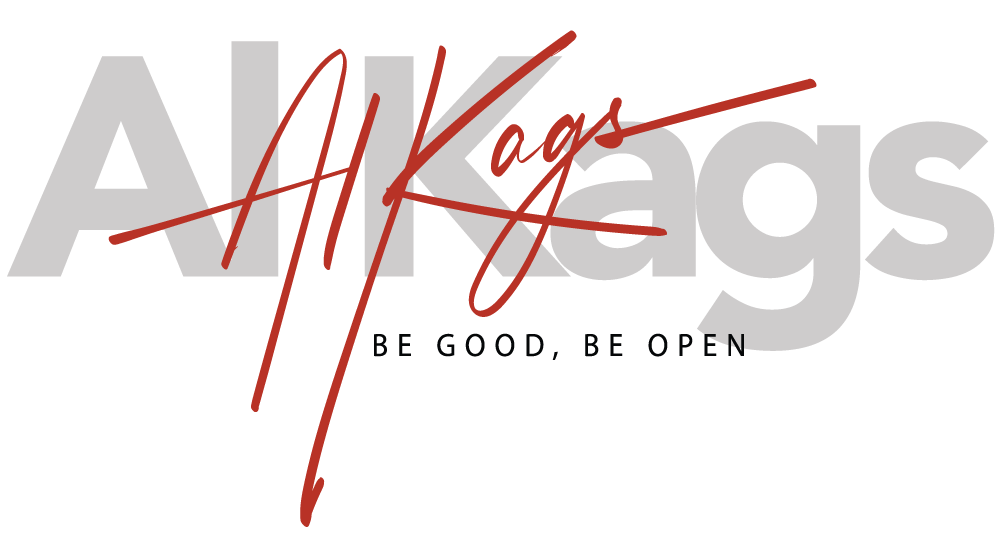I have recently been reawakened to the fact that the world is changing – at far more profound ways that I was aware of when I took my sabbatical from the information world in 2006. The major catalyst to this realisation was that I was roped in recently to work intimately on the development and launch of Kenya’s Open Data initiative, where Kenya for the first time in Africa, released vast data sets related to population, the economy, all layered upon the geographic spaces that we have created in the new constitution, the counties.
It was interesting that this specific initiative brought together the most dynamic minds in and around the ICT sector – all led by the enigmatic PS, Dr. Bitange Ndemo and his team from the Kenya ICT Board, Paul Kukubo and Kaburo Kobia (who heads the Tandaa programme – National Digital Content) ; a team from the World Bank from Aleem Walji and Kaushal Jhallah, Tracey Lane (she is a true force to reckon with where analytics are concerned) and Chris Finch; Michael Murungi from the National Council for Law Reporting; ICT gurus Jay Bhalla, Athman Mohamed (who also works with Trademark East Africa) and Erik Hersman among many other people. I drop these names so that I can lay on the line one of the most important lessons in any national open data project: It needs to involve as many stakeholders as possible – so inclusiveness is a must – but they must be the most aligned, energised and focused group of people. A national open data project is a project and not a political movement (even though it has remarkable political impact).
But I digress. Kenya has kicked ass by being Africa’s first country to release data sets as comprehensively as it has – therefore joining a select group of countries in the world that have been at the forefront of this area and decidedly becoming a front-runner country to join the newly formed global alliance for open data, The Open Government Partnership. There is a lot of excitement right now on this accomplishment but I think it is necessary to locate the whole initiative in some context.
The acclaimed futurist (and I want to grow up to be like him when I grow up), Thornton May, who is the Executive Director of the IT Leadership Academy and Author of The Knew Know, posits that we are currently in the hinges of history – a space in time when things are in the active process of change. This I believe to be true especially in Africa.
When we launched the Kenya ICT Policy in 2006, the major issues that Kenya had to tackle were three: infrastructure (we are now fibre-connected with way more bandwidth that we know what to do with); access (this has well been achieved by the 26 Million mobile phone users, a majority of whom are accessing the internet using the phones and modems/ internet dongles) and Content (which we have achieved at tremendous levels – what with at least 10,000 developers developing amazing and innovative apps for better dissemination of content). I hasten to add that in Kenya we have also made significant progress in beginning to bring government to the people through the e-government initiatives at the Office of the President.
 The change that we are ushering now has several fronts, taking the above gains to the next level. Others have said it better than I have: Aleem Walji of the World Bank has two blog posts with ideas that I recommend for consideration: (I para-phrase) – that we must move beyond the idea of Open Data to Open Government and that we should pursue a new social contract between government, civil society, business and citizens to solve social issues: from e-government to weGovernment.
The change that we are ushering now has several fronts, taking the above gains to the next level. Others have said it better than I have: Aleem Walji of the World Bank has two blog posts with ideas that I recommend for consideration: (I para-phrase) – that we must move beyond the idea of Open Data to Open Government and that we should pursue a new social contract between government, civil society, business and citizens to solve social issues: from e-government to weGovernment.
All this implies a shift in the participation of the public in how government operates – and it also implies a shift in how government perceives the citizen’s role in their governance and tackling of social development issues.
Let’s simplify this issue a little: What is Open Data really about?
- Its about inclusiveness in Social Development – For a long time, the subject of social development has been left to government bureaucrats on the one hand and civil society organisations on the other. Well, and business (who in a social discussion tend to be placed on the periphery whereas business is central to development. Open data initiatives are about Democratizing Development Economics (a phrase I shall be writing about in some depth as I think further through it) – enabling and empowering everyone to know whats going on and therefore allowing them to find space for them to contribute.
- Its about empowering democratic knowledge – When people understand the country better, which they should if they saw the governance data and the resources data in forms that they can understand, then people will better choose their representatives, people will better participate in the national political processes (in Kenya that becomes relevant because of Article 35 of the new Constitution **perhaps we should stop calling it “new” now?** and the Kenya Vision 2030 political pillar – that intones that Kenyans practice “issues-based politics.)
- Its about enabling action oriented individual decisions – “The reason we manage information is to create meaning, which leads to action,” says Thornton May in his book, the Knew Know. For too long, we have presented data to the citizenry around the world that for many of them is meaningless. Take the Standard in Kenya last thursday, entitled “Ministries cannot account for Kshs. 7B”: In the article, mind-boggling figures are presented, which figures are only numbers to most Kenyans. Such an article should create outrage or at the very least some buzz from the citizenry. Instead it is passing by quietly and I suggest that it is because people do not understand what the figures mean. What does the 3.6B shillings that is unaccounted for by the Public Health ministry mean to Kenyans? How many hospitals, how many nurses?
Lets end this random ramble with a specific demonstration. We have heard of the economic downturn that cause the world to tremble in 2008-2009. Jonathan Jarvis developed a visualisation that helped me finally understand it. Check it out.


Nice article 🙂
Just to mention, first african country to open up its data was Morocco, not Kenya.